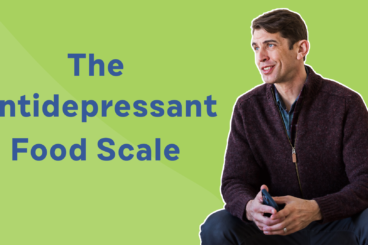Zinc is an essential element needed as a co-factor for the enzymes that read our DNA. It catalyzes close to 100 enzymes in the body involved in various aspects of cellular metabolism. Recently, zinc was found to play a key role in the development of new brain cells, and research has shown it can boost levels of BDNF (brain-derived neurotrophic factor), which promotes and maintains brain cell connections. Zinc is even used as a neurotransmitter, passing signals between brain cells. Also at the center of receptors for molecules like vitamin D, estrogen, and thyroid hormone, it plays an important role in growth and development, the immune response, neurological function, and reproduction. This mineral can even boost the efficacy of anti-depressant medications.
Getting zinc in your diet is important as, unlike other key minerals, the body has no specific storage system for zinc. A diet low in zinc can cause behavior disturbances, dysphoria, and cognitive impairments. Patients with clinical depression are more likely to have low levels of zinc, while normal levels promote better treatment outcomes. A deficiency has been shown to contribute to impaired physical and neuropsychological development and heightened vulnerability to life-threatening infections in young children. Individuals at risk for zinc deficiency include infants, children, pregnant and lactating women.
Top Farmacy Sources: Oysters, Crab, Grass-fed Beef and Lamb, Pasture Raised Pork, Beans, Cashews, Peanuts, Dark Chocolate.



